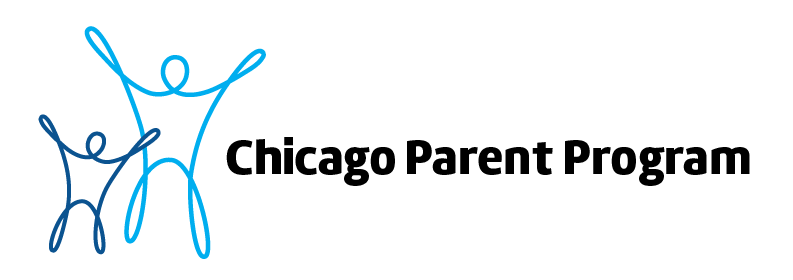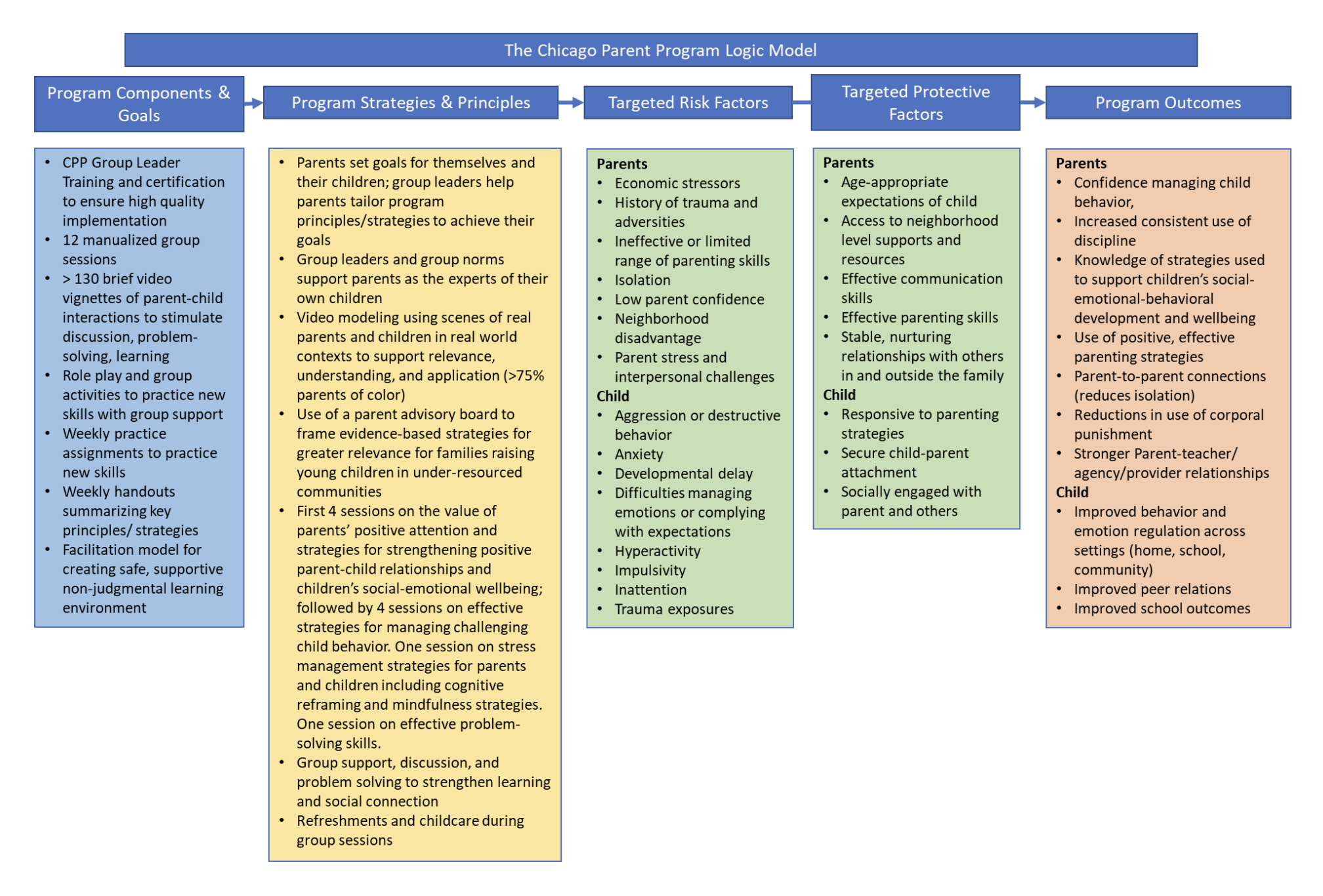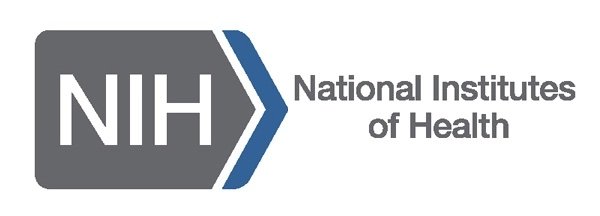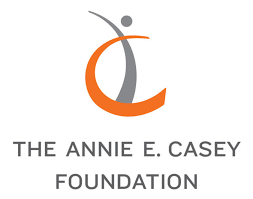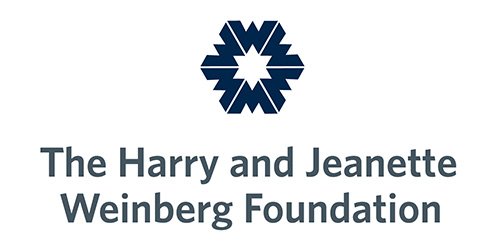Research
CPP has undergone rigorous testing in communities, schools, and mental health settings, yielding proven results. As a result, agencies and parents can have full confidence that they are accessing and acquiring valid, trusted information.
Key Findings & Studies
Peer Reviewed Articles & Book Chapters
Reduced Reliance on Corporal Punishment
-
The Chicago Parent Program: Comparing 1-Year Outcomes for African American and Latino Parents of Young Children
-
Efficacy of the Chicago Parent Program with Low-Income African American and Latino Parents of Young Children
-
Book Chapter: Breitenstein, S., Gross, D., & Bettencourt, A. (2019). The Chicago Parent Program. In E. T. Gershoff & S. J. Lee (Eds.), Ending the Physical Punishment of Children: A Guide for Clinicians and Practitioners, 1st ed. Washington DC: American Psychological Association Publishing.
-
Book Chapter: Gross, D., Garvey, C., Julion, W., & Fogg, L. (2007). Preventive parent training with low-income ethnic minority parents of preschoolers. In JM Briesmeister & CE Schaefer (Eds.), Handbook of parent training: Helping parents prevent and solve problem behaviors (3rd ed.), pp. 5-24. New York: John Wiley & Sons.
Increased Parent Confidence
-
The Chicago Parent Program: Comparing 1-Year Outcomes for African American and Latino Parents of Young Children
-
Efficacy of the Chicago Parent Program with Low-Income African American and Latino Parents of Young Children
-
Book Chapter: Gross, D., Garvey, C., Julion, W., & Fogg, L. (2007). Preventive parent training with low-income ethnic minority parents of preschoolers. In JM Briesmeister & CE Schaefer (Eds.), Handbook of parent training: Helping parents prevent and solve problem behaviors (3rd ed.), pp. 5-24. New York: John Wiley & Sons.
High Parent Satisfaction
-
The Chicago Parent Program: Comparing 1-Year Outcomes for African American and Latino Parents of Young Children
-
Efficacy of the Chicago Parent Program with Low-Income African American and Latino Parents of Young Children
-
Evaluating Implementation Fidelity of a School-Based Parenting Program for Low-Income Families
-
Measuring Implementation Fidelity in a Community-Based Parenting Intervention
-
Does Parent Training Format Affect Treatment Engagement? A Randomized Study of Families at Social Risk
-
Embedding a Parenting Skills Program in Public PreK: Outcomes of a Quasi-Experimental Mixed Methods Study
Improved Child Behavior
-
The Chicago Parent Program: Comparing 1-Year Outcomes for African American and Latino Parents of Young Children
-
Efficacy of the Chicago Parent Program with Low-Income African American and Latino Parents of Young Children
-
Evaluating Implementation Fidelity of a School-Based Parenting Program for Low-Income Families
-
Reducing Preschool Behavior Problems in an Urban Mental Health Clinic: A Pragmatic, Non-Inferiority Trial
-
Does Parent Training Format Affect Treatment Engagement? A Randomized Study of Families at Social Risk
-
Cost-Effectiveness of a Parenting Skills Program Implemented in Public Pre-K Schools in Disadvantaged Urban Communities
-
Embedding a Parenting Skills Program in Public Pre-K: Outcomes of a Quasi-Experimental Mixed Methods Study
-
Understanding the role of parents’ social connectedness in children’s behavioral wellbeing in low-income communities: A study protocol
-
Study protocol for a comparative effectiveness trial of two parent training programs in a fee-for-service mental health clinic: can we improve mental health services to low-income families?
-
Book Chapter: Breitenstein, S., Gross, D., & Bettencourt, A. (2019). The Chicago Parent Program. In E. T. Gershoff & S. J. Lee (Eds.), Ending the Physical Punishment of Children: A Guide for Clinicians and Practitioners, 1st ed. Washington DC: American Psychological Association Publishing.
-
Book Chapter: Gross, D., Garvey, C., Julion, W., & Fogg, L. (2007). Preventive parent training with low-income ethnic minority parents of preschoolers. In JM Briesmeister & CE Schaefer (Eds.), Handbook of parent training: Helping parents prevent and solve problem behaviors (3rd ed.), pp. 5-24. New York: John Wiley & Sons.
Use of More Positive and Consistent Parent Strategies
-
The Chicago Parent Program: Comparing 1-Year Outcomes for African American and Latino Parents of Young Children
-
Efficacy of the Chicago Parent Program with Low-Income African American and Latino Parents of Young Children
-
Book Chapter: Breitenstein, S., Gross, D., & Bettencourt, A. (2019). The Chicago Parent Program. In E. T. Gershoff & S. J. Lee (Eds.), Ending the Physical Punishment of Children: A Guide for Clinicians and Practitioners, 1st ed. Washington DC: American Psychological Association Publishing.
-
Book Chapter: Gross, D., Garvey, C., Julion, W., & Fogg, L. (2007). Preventive parent training with low-income ethnic minority parents of preschoolers. In JM Briesmeister & CE Schaefer (Eds.), Handbook of parent training: Helping parents prevent and solve problem behaviors (3rd ed.), pp. 5-24. New York: John Wiley & Sons.
ezParent (Digital Delivery of the Chicago Parent Program)
-
Implementation findings from an effectiveness-implementation trial of tablet-based parent training in pediatric primary care
-
Engagement and Adherence with ezParent, an mHealth Parent-Training Program Promoting Child Well-Being
-
A study protocol testing the implementation, efficacy, and cost effectiveness of the ezParent program in pediatric primary care
-
Parent Use and Efficacy of a Self-Administered, Tablet-Based Parent Training Intervention
-
Developing the eCPP: Adapting an Evidence‐Based Parent Training Program for Digital Delivery in Primary Care Settings
Note: The program was initially coined eCPP and changed to ezParent in 2016.
-
Web-based delivery of a preventive parent training intervention: A feasibility study
Implementation & Fidelity
-
Financial Incentives for Promoting Participation in a School-Based Parenting Program in Low-Income Communities
-
Evaluating Implementation Fidelity of a School-Based Parenting Program for Low-Income Families
-
Cost-Effectiveness of Childcare Discounts on Parent Participation in Preventive Parent Training in Low-Income Communities
-
Measuring Implementation Fidelity in a Community-Based Parenting Intervention
Cost Effectiveness Relative to Other Parenting Programming
-
Reducing Preschool Behavior Problems in an Urban Mental Health Clinic: A Pragmatic, Non-Inferiority Trial
-
Cost-Effectiveness of a Parenting Skills Program Implemented in Public Pre-K Schools in Disadvantaged Urban Communities
Program Testing & Implementation
Program testing and implementation has been generously funded by the following organizations: National Institutes of Health, The Agency for Health Care Research and Quality, the Leonard and Helen Stulman Foundation, the Robert Wood Johnson Foundation, the Abell Foundation, the Richman Foundation, the Annie E. Casey Foundation, Harry & Jeanette Weinberg Foundation, the Wright Family Fund — Robert W. Deutsch Foundation, the Blanket Fort Foundation, the Sherman Family Foundation, and the Rita and Alex Hillman Foundation.
